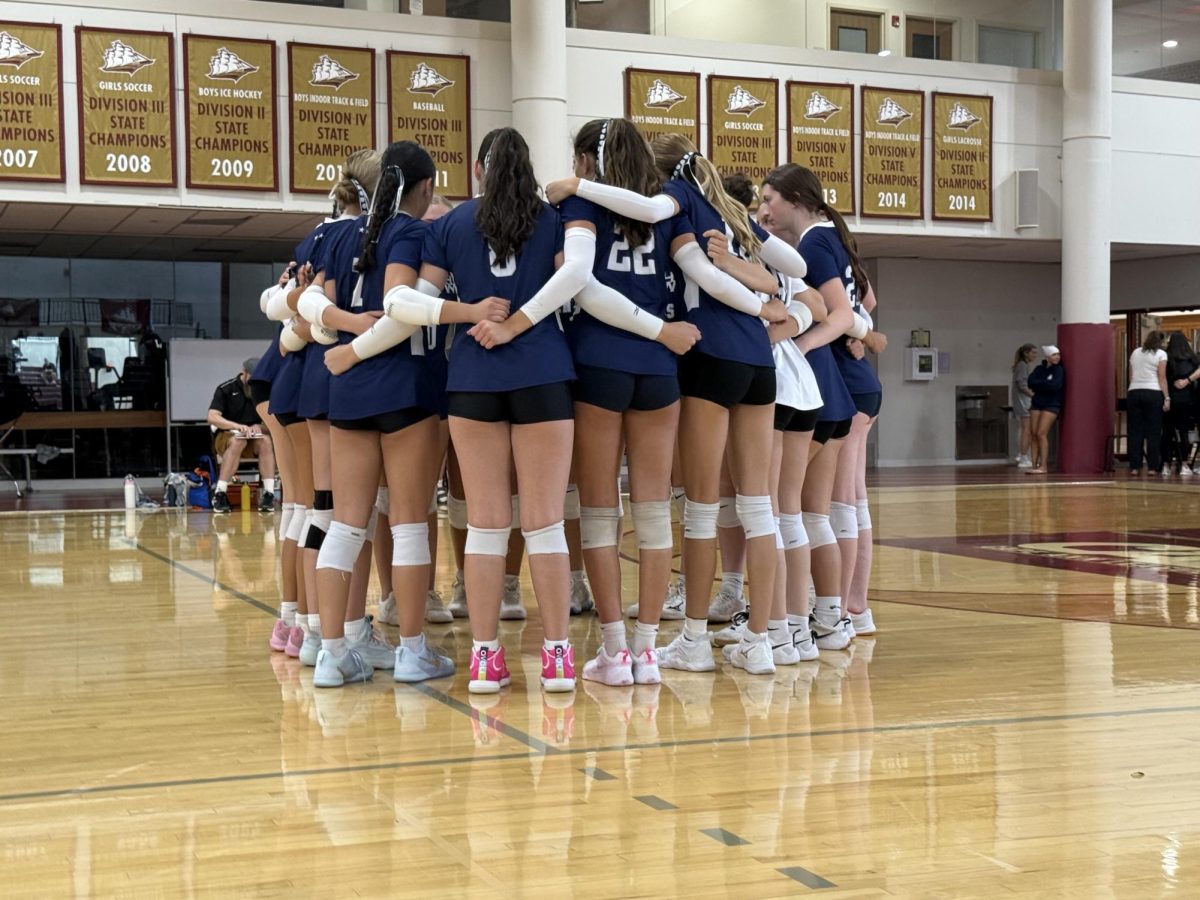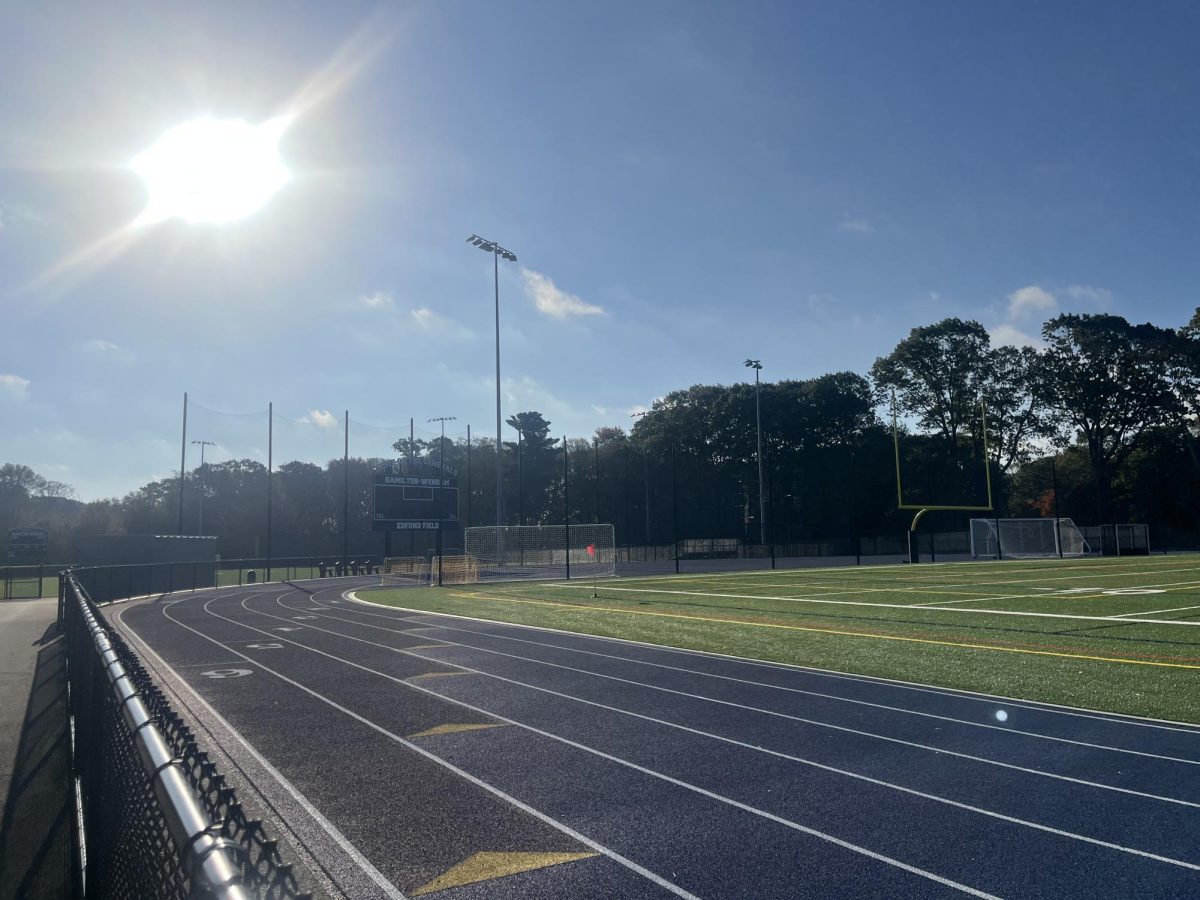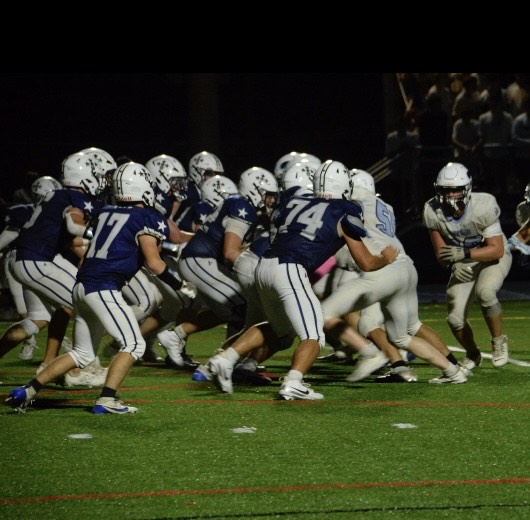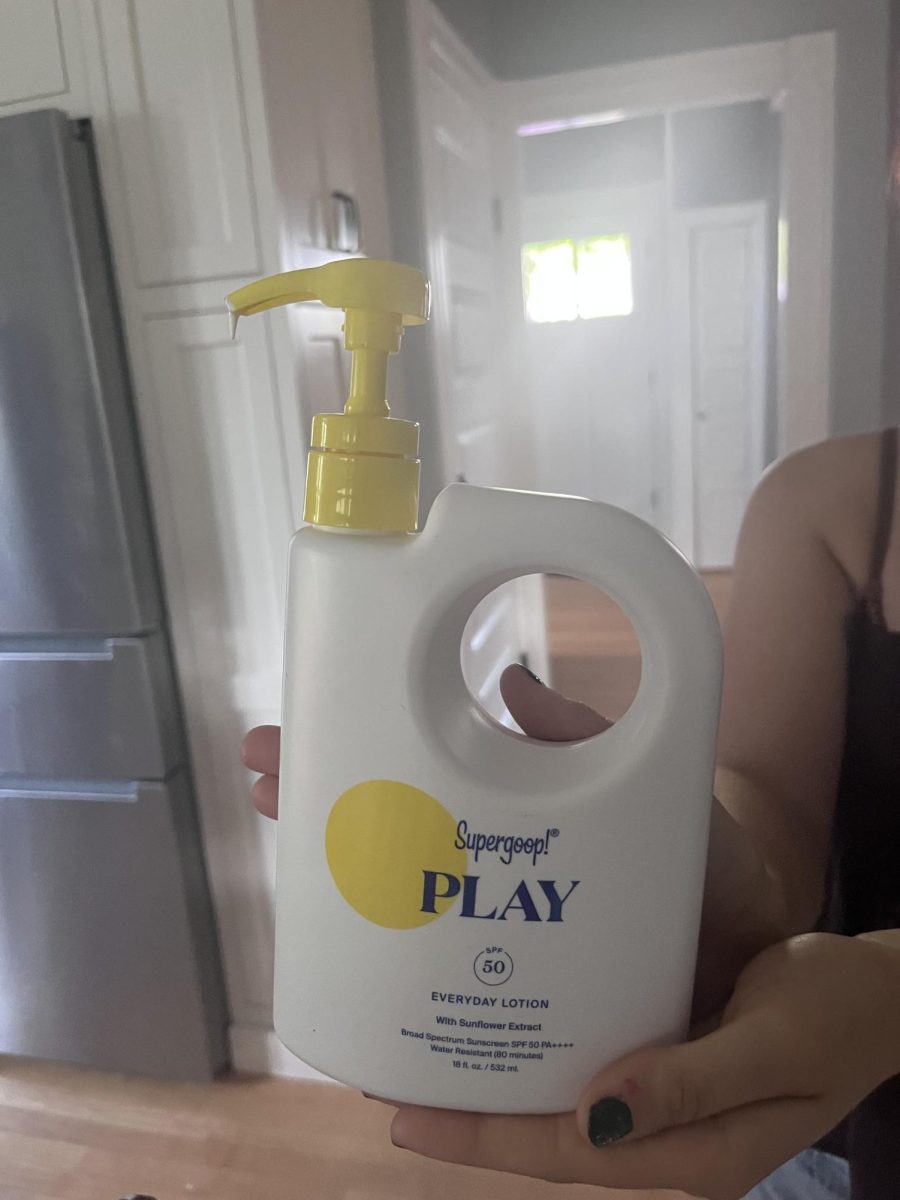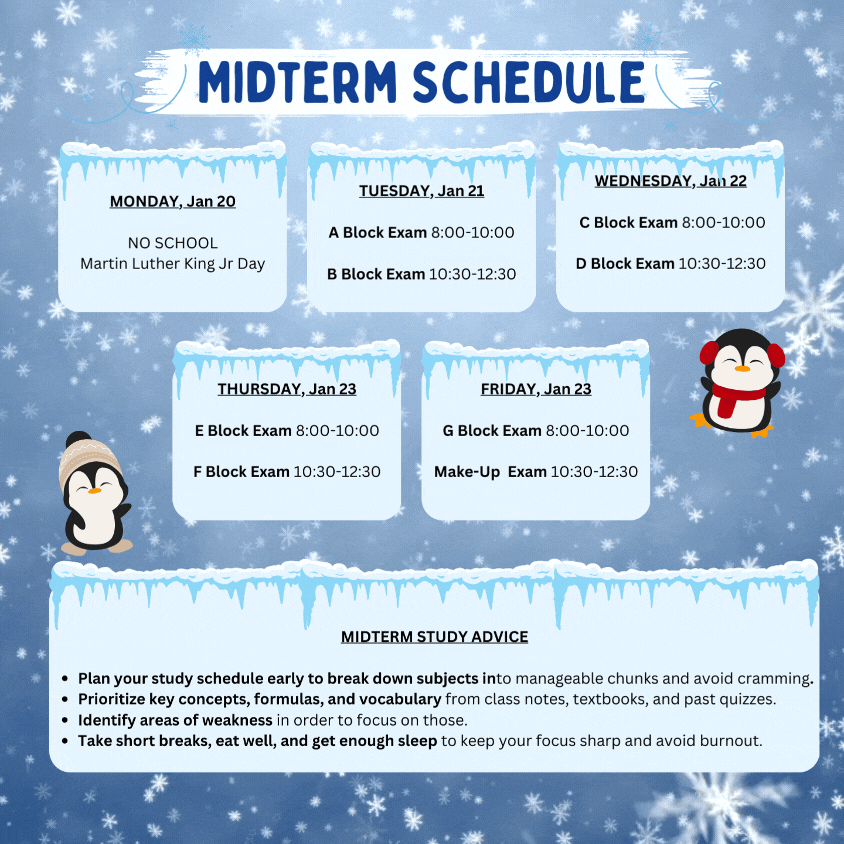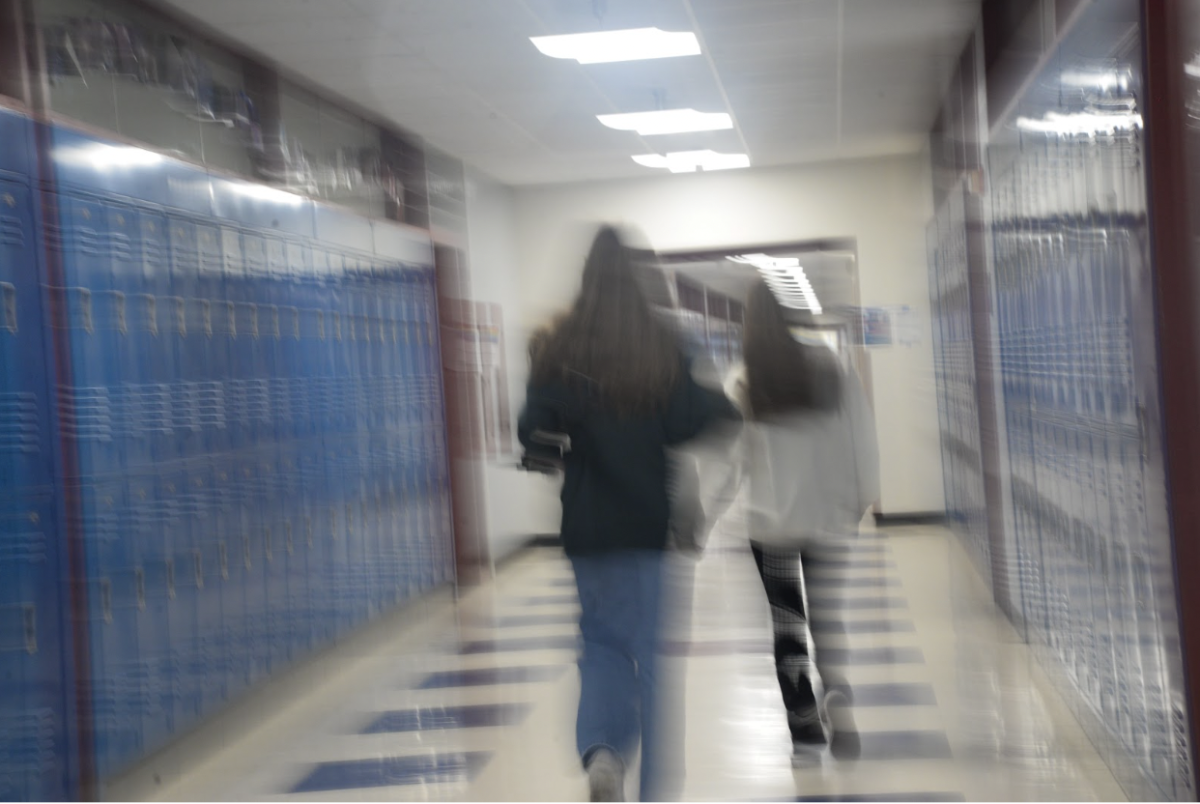Being a multi-sport varsity athlete at HWRHS, as well as balancing school work, is a very tough task that is hard to master. Here at the regional, mental health is put first over everything; however, does this apply to the people up past midnight doing work or recovering from a long day at practice?
A brief survey regarding how people felt about balancing school work and sports was sent to all juniors, 15 students responded.
The data shows that 61% of people have two or more hours of homework each night. 53.8% reported they play sports for three-plus hours in one day. Furthermore, 50% of people struggle with this balance and don’t feel that they have successfully balanced school and sports.
Junior and two-sport athlete Gian Gamelli says, “There is not enough time in the day to get everything done. I can’t go to school, complete my homework, maintain good grades, and progress in a sport while still being expected to get 8 hours of sleep a night. On any given day with sports, I average 5 hours or less of sleep, and that is horrible for my health.”
Another junior and two-sport athlete, Piper Shepard, agreed, saying, “There is not enough time after practice to settle down and do the work. We also sometimes have games and don’t get back until really late. And by the time we got home, we were tired and didn’t have the motivation to complete the homework.”
The two highlighted that the main struggle of balancing sports and school is simply not having enough time in the day. Every teen needs 8 hours of sleep a night plus 6 hours of school. Added to this is 2 hours of homework and 3 hours of sports. Nineteen hours a day leaves 5 hours of personal time, which simply is not enough.
There are some possible solutions.
Gamelli suggests “reducing the amount of homework we get a night and having a definite schedule for each assignment for the week.”
Shepard said, “I wish there were better awareness and more organization around scheduling. I’d like teachers and sports to communicate better to allow students more preparation time, the way colleges do.”
Junior Chris Feron said, “Taking lighter class loads can help with this a lot.”
While everyone agrees that balancing sports, schoolwork, and a healthy sleep schedule is challenging, the solution is not simple. Teachers work to ensure that students are prepared for college, and thus the workload is unlikely to change. Extracurriculars not only build a community but also help students stay active. Perhaps a committee of teachers, coaches, and students should come together to have a bigger conversation.



